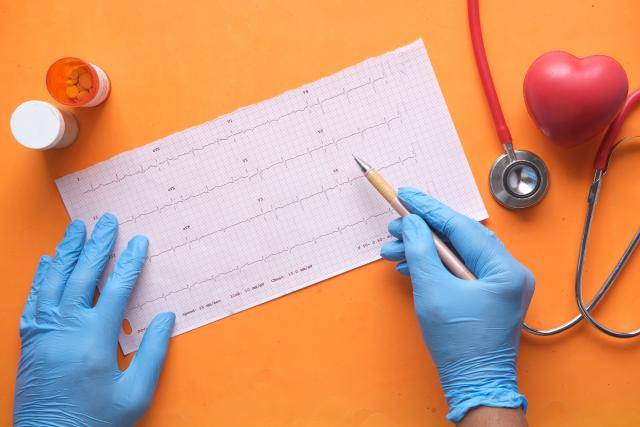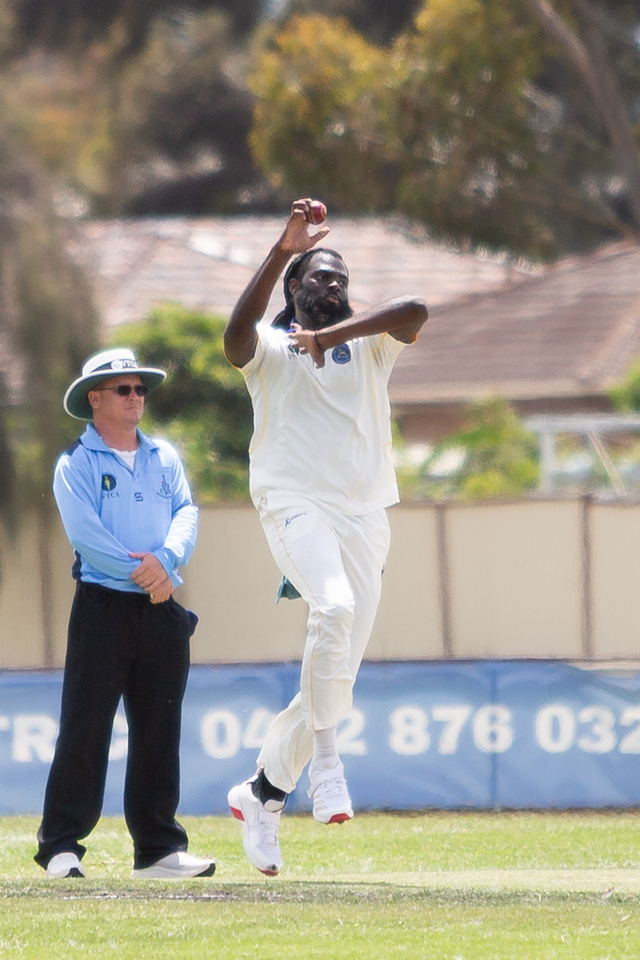New data has found an increase in Australians including those in Melton and Moorabool, are calling Stroke Foundation’s free support service before they’re calling an ambulance.
The data found there was a 34 per cent rise between 2022 and 2023 in callers with current symptoms to the StrokeLine service.
The national hotline is staffed by a team of health professionals and provides information and advice on stroke prevention, treatment and recovery.
Last year, StrokeLine provided support to more than 2,500 people.
Stroke Foundation chief executive Dr Lisa Murphy said the national helpline is currently overrun with calls.
“StrokeLine was designed to be a brief intervention service, but due to strains on the health system, we are providing more complex discharge support. It’s clear the service requires urgent investment,” she said.
“People are contacting us with a range of concerns and complexities post stroke, including anxiety, depression and suicidal ideation, loss of independence and finances, strained relationships and social isolations, as well as connection with services and difficulties navigating the health system upon discharge.
“Our programs and services are in greater demand than ever before because the health system is struggling to meet the needs of survivors of stroke as they return to the community post stroke.”
In 2023, 75 per cent of Stroke Foundation’s income came from donations and bequests, mostly from survivors and their families.
Dr Murphy says it’s time for that to change.
“We know it is the survivors of stroke and their families who have done the heavy lifting when it comes to supporting the work of the Stroke Foundation. They are the backbone of our organisation, and we would be lost without them,” she said.
“The donations we receive to run this service can no longer keep up with increased demand, because the health system is unable to provide the advice and support survivors of stroke need once they are
discharged from hospital.”
Since 2021, there has been an almost three-fold increase in the number of complex calls to StrokeLine.
Right now in Australia, someone has a stroke every 19 minutes. But without action by 2050, it is predicted that the number will almost double, and someone will have a stroke every 10 minutes.
“We know time is everything when it comes to stroke, and this is also true of the need for greater funding for Stroke Foundation programs,” Dr Murphy said.
“Stroke Foundation urgently needs the support of government, in addition to the significant donations we receive from the community, to help continue the work of this vital service.”







